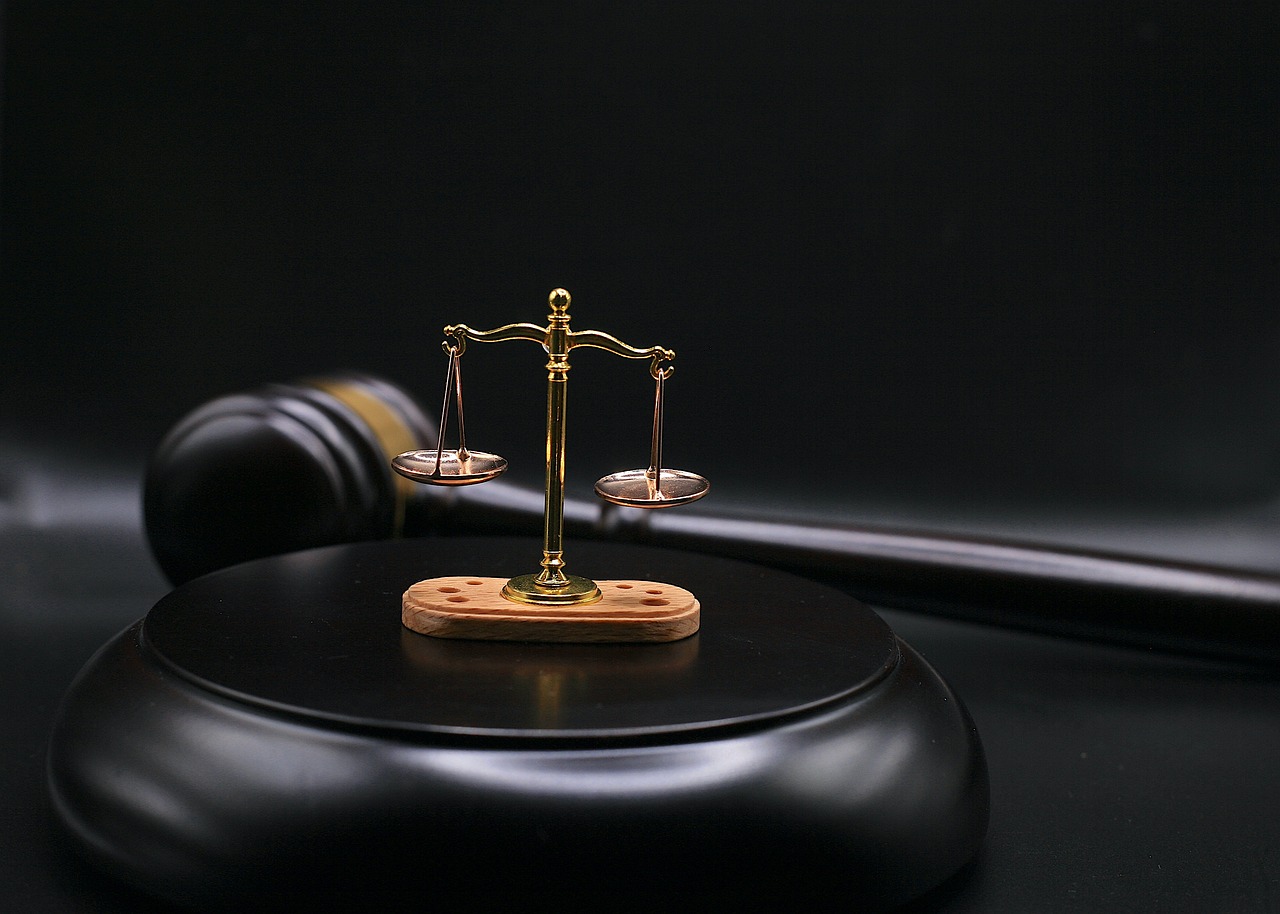Taking the Gavel: A Guide to Chairing Model UN

The gavel falls silent, and all eyes turn to you. As a Model UN (MUN) Chair, you hold the power to transform a room full of eager delegates into a productive and engaging forum. But where do you begin? This comprehensive guide equips you with the knowledge and skills to navigate the exciting world of MUN chairing.
Before the Conference: Preparation is Key
- Know the Rules: A firm grasp of the Model UN rules of procedure (ROP) is essential. Familiarize yourself with the specific rules used by your conference, whether it’s the United Nations (UN) Rules or a modified version [UN Rules of Procedure]. Understanding motions, speaker recognition, and voting procedures ensures a smooth debate.
- Research the Committee Topic: In-depth knowledge of the committee’s agenda is crucial. Research the issue, its historical context, key actors, and potential solutions. This allows you to guide the debate effectively and answer delegate questions with confidence.
- Prepare Opening Remarks: Craft a concise and informative opening speech. Introduce yourself, the committee topic, and the background of the issue. Briefly outline the expected timeline for the conference and highlight key deadlines.
- Anticipate Challenges: Think about potential roadblocks that might arise during the conference. How will you handle disruptive delegates, irrelevant speeches, or unforeseen procedural issues? Having solutions in mind demonstrates your leadership and ensures a smooth flow of debate.
During the Conference: Leading with Confidence
- Setting the Stage: On the first day, deliver your opening remarks with clarity and enthusiasm. Introduce yourself, the committee topic, and the agenda. Briefly explain the ROP and answer any procedural questions from delegates.
- Moderating the Debate: As Chair, you are the facilitator, ensuring a fair and productive discussion. Recognize speakers, enforce time limits, and maintain order. Use clear verbal cues and body language to manage the flow of the debate.
- Encouraging Participation: Strive for inclusivity. Recognize delegates from a variety of countries and ensure everyone has the opportunity to speak. Use techniques like speaker’s lists and moderated caucuses to involve all participants.
- Maintaining Neutrality: As Chair, you represent the committee, not a specific country. Avoid expressing personal opinions on the topic. Your role is to guide the discussion objectively and ensure all viewpoints are heard.
- Addressing Procedural Issues: Delegates may raise procedural motions throughout the debate. Maintain composure and address these motions promptly and fairly, referring to the ROP for guidance.
- Facilitating Solutions: A core aspect of MUN is finding solutions. Help delegates move beyond simply stating positions by encouraging them to brainstorm potential resolutions and amendments.
Beyond the Debate: Guiding the Committee
- The Working Paper Stage: Once delegates have debated the issue, guide them through the process of drafting a working paper. Explain the format and key elements of a resolution, and facilitate discussions to ensure all concerns are addressed.
- Negotiations and Compromise: The heart of MUN lies in negotiation and compromise. Encourage delegates to work together to find common ground and craft a resolution that reflects the committee’s diverse perspectives.
- Moderating the Caucuses: Supervise moderated caucuses, smaller group discussions where delegates can negotiate specific clauses of the resolution. Ensure everyone has a voice and that discussions stay productive.
- The Amendment Process: Delegates may propose amendments to the working paper. Guide them through the amendment process, ensuring all amendments are properly presented, debated, and voted upon.
Bringing it All Together: The Final Stages
- Facilitating the Vote: Once the resolution is finalized, oversee the voting process. Explain voting procedures and ensure all votes are cast and counted accurately.
- Closing Remarks: Deliver a closing statement that summarizes the committee’s work. Highlight key points of the debate and the final resolution. Recognize outstanding delegates and thank everyone for their participation.
- Providing Feedback: If required by the conference, offer constructive feedback to delegates on their performance. Focus on strengths and areas for improvement, providing guidance for future MUN experiences.
Chair’s Corner: Essential Skills
- Active Listening: Pay close attention to all speakers, understanding their arguments and perspectives.
- Critical Thinking: Analyze delegate statements and identify key points of convergence and divergence.
- Public Speaking: Speak clearly, confidently, and project your voice effectively.
- Impartiality: Maintain neutrality throughout the debate, representing the committee as a whole.
- Problem-Solving: Be prepared to address unforeseen challenges and guide the committee through procedural hurdles.
- Time Management: Ensure the debate stays on schedule
